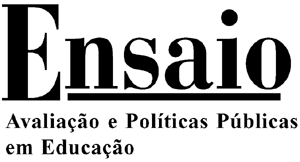Abstract
This qualitative case study sets out to explore how “born-free” students constitute, negotiate and represent their identities in South African schools twenty years after the advent of democracy. The meta-theoretical paradigm of social constructivism and the methodology of narrative inquiry was used. Data comprised a mix of semi-structured interviews and field notes. Inductive thematic analysis was used to analyse the data. Findings reveal that the demographic diversity of “born-free” students seemed to extend towards many competing views of identity. “Born-free” students did not possess distinctive views about their generations” identity. Racial identity still seemed to play a pivotal role. Some “born free” students expressed optimism with the freedom their identity provided, while others felt constrained by the enduring historical legacy of apartheid, transmitted through knowledge in the blood. Although “born-free” students themselves did not live through apartheid, the physical legacies of apartheid –such as its geographical contours – served as a daily reminder of its presence. “Born-free” students are not only well aware of the social and political dynamics of the country, but are also beginning to question externally imposed identities.
“Born-free” students; Geographical contours; Historical legacy; Identity; Knowledge in the blood; Youth justice
